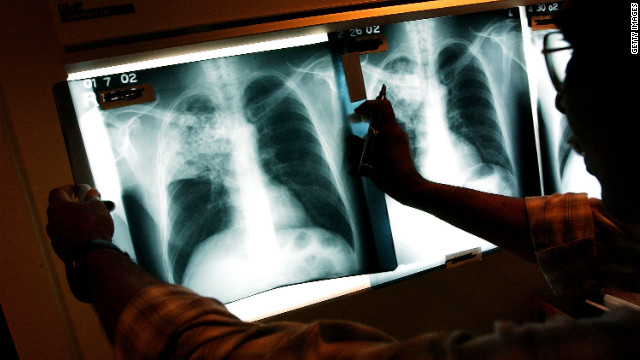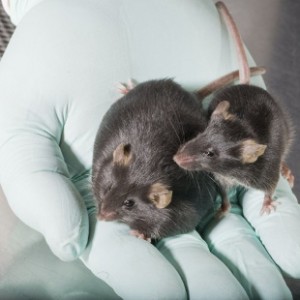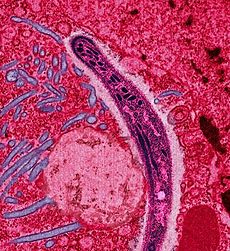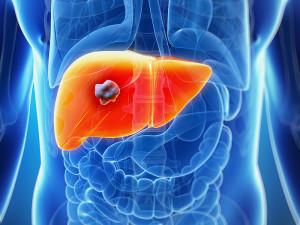An experimental vaccine continues to show promise in preventing active tuberculosis infections in patients with the latent form of the disease, researchers reported yesterday (October 29) in The New England Journal of Medicine and at the 50th Union World Conference on Lung Health conference.
“The vaccine looks promising, and likely better than our century-old BCG [bacille Calmette-Guerin] vaccine,” Mario Raviglione, a global health expert at the University of Milan who headed the World Health Organization’s (WHO) global tuberculosis program from 2003 to 2017, tells The New York Times.
The BCG vaccine is typically given to children in countries where the prevalence of TB is high. It is rarely given to adults because it varies in effectiveness in preventing Mycobacterium tuberculosis, the bacterium that causes the illness, from multiplying and causing disease in the lungs.
Tuberculosis is now one of the deadliest infectious diseases worldwide. It sickened an estimated 10 million people and killed 1.5 million individuals in 2018, according to the WHO. Tuberculosis typically affects patients in two ways: an active infection in which M. tuberculosis multiplies in the lungs and causes illness or death, or a latent form in which the bacterium is present in the body, causes an immune response, but does not lead to any symptoms. Latent TB can develop into active TB, which is contagious and can spread through the air, but the risk of latent TB reactivating is only 5–10 percent.
See “Tuberculosis Can Emerge After Cancer Immunotherapy”
In the latest study, researchers reported updated results on patients with the latent form of TB who were either given the experimental vaccine, called M72/AS01E, or a placebo shot. Nearly 3,300 individuals from Kenya, South Africa, and Zambia participated in the experiment in 2014 or 2015, with 1,626 individuals getting two shots of the vaccine and 1,663 getting placebo shots. When the team reported results on the vaccine last year, 10 of the vaccinated individuals and 22 of the unvaccinated study participants had developed active TB; that number increased to 13 vaccinated and 26 unvaccinated individuals reported in the latest paper.
The results, which show a roughly 50 percent efficacy, suggest “the vaccine is holding up” over time, Paula Fujiwara, the scientific director of the International Union Against Tuberculosis and Lung Disease, the group hosting the conference in Hyderabad, India, tells the Associated Press. It’s a small step, she says, toward a preventive tool against TB that scientists have wanted to develop for a century.
See “Triage Test for Tuberculosis Spots Infections Within an Hour” and “First New Tuberculosis Drug Approved in 50 Years”
Still, the results don’t clarify who would benefit most from the vaccine. Roughly a quarter of the global population carries the latent form of TB, but not all of those people develop the active form of the infection—some never do, so it would not make sense to vaccinate every person with latent TB. It’s also not clear how well the vaccine works in those who don’t have latent TB.
“These results need confirmation in larger and longer studies conducted in a broader range of populations,” the study authors conclude. Because of the uncertainties, the vaccine will probably only be ready to use in those who need it most by 2028, BBC reports.







